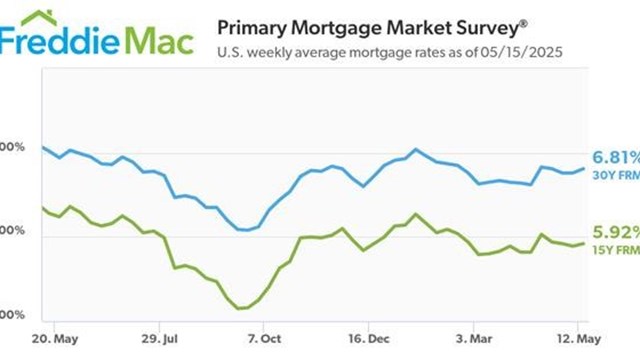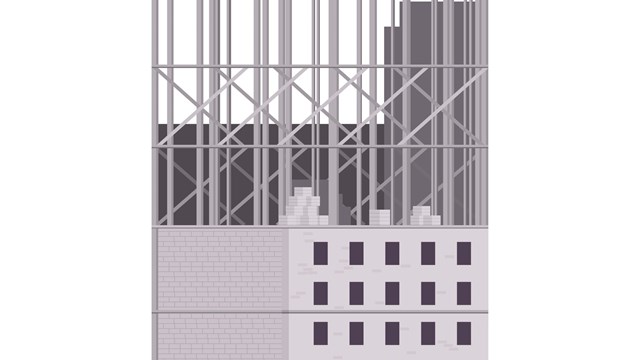When buying an apartment, be it a condo or a co-op, among the soundest advice for any purchaser is caveat emptor - buyer beware. In most buildings (especially older ones), it’s inevitable that there will be occasional and sometimes lengthy maintenance, repair, and upgrade work going on - particularly with the ongoing implementation of Local Law 97 - and there’s always the chance of the building being embroiled in some kind of litigation. The question is, how can buyers protect themselves from the costs and hassles that can come with these factors?
Due Diligence is Key
“In essence,” says Mark Hakim, an attorney with Schwartz Sladkus Reich Greenberg Atlas, a law firm based in Manhattan, “a buyer must perform his or her due diligence to ensure they are getting the agreed-upon benefit of the bargain. That diligence includes reviewing a building’s offering plan, financial statements, minutes, corporate documents, and other materials, and performing any inspections they may wish to do. As part of a purchaser's diligence, a questionnaire is often submitted to a management company inquiring about many things, including litigation, leaks, other conditions at the building or unit, the financial status of the building, etc. It will also include - or rather, should include - questions regarding work at the building. The purchaser absolutely will want to understand the nature of any existing work being performed, and any work contemplated to be performed.”
Who Pays for What?
While ongoing physical maintenance or upgrade work is to be at least expected, who is liable for those costs? Let’s say there’s a building wide assessment for a full roof replacement. If a unit is sold during the assessment, can the buyer realistically expect the seller to ante up for their remaining share of that assessment?
“The reality,” says Hakim, “is that unless the contract states otherwise, all purchasers of residential co-op and condominium units in New York City step into the shoes of their predecessor, thus inheriting the good, the bad, and the ugly. For this exact reason, it is important to make sure that proper diligence is performed, without the added pressure that one often faces to sign a contract. There is no substitute for diligence in these circumstances. If a seller entered into an alteration agreement and a purchaser acquires the unit, the purchaser is generally responsible for the alterations.”
What About Litigation?
Among the many aspects of a building and apartment a prudent purchaser will want to know about is whether or not there is litigation - current or threatened - against the building. Both are important, because any judgment against the building can have potential material and adverse financial effects for its residents, leading to increased monthly charges and assessments. It could also have a material and adverse effect on the building's ability to obtain and maintain insurance at reasonable and affordable rates.
“A prudent purchaser’s attorney will inquire with management as to whether or not the building has had any litigation in the recent past,” says Hakim, “in an effort to understand and analyze what possible effects it may have on a community.” It should be noted that litigation against the corporation or association isn’t the only kind a purchaser should be aware of and take into consideration. Often the corporation or association may be suing an owner for unpaid charges or other issues. No matter the origin, litigation involving a building or board should be analyzed to see if it may have some adverse effect on the property’s operations.
Protecting Yourself
When purchasing, “There’s no absolute way to protect oneself,” explains Hakim. “Rather, it is imperative that full diligence be performed, including reviewing the corporation’s offering plan and amendments, minutes, financials, submitting a questionnaire, and talking through all of this with your attorney. Talking with people who have previously purchased and live in the building, or agents who have represented in the building is often also a good way to get a sense of how the building is being run, and if there are any potential issues to identify.”
Most of us wouldn’t purchase a car, a major appliance, or even a piece of stereo equipment without doing some research ahead of time, asking questions, and weighing our options. Given the magnitude of a home purchase, doing that due diligence becomes more than just a savvy consumer move - it’s absolutely vital.










Leave a Comment